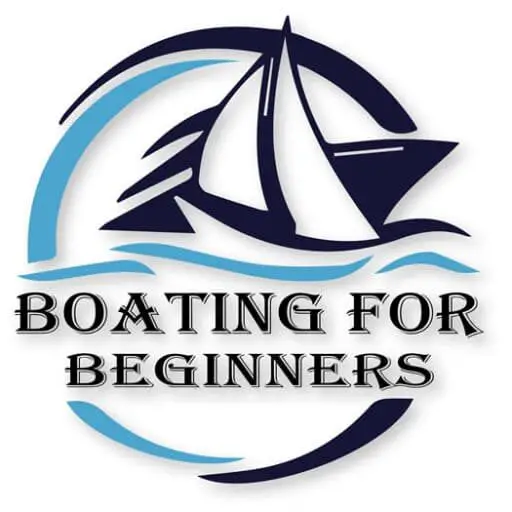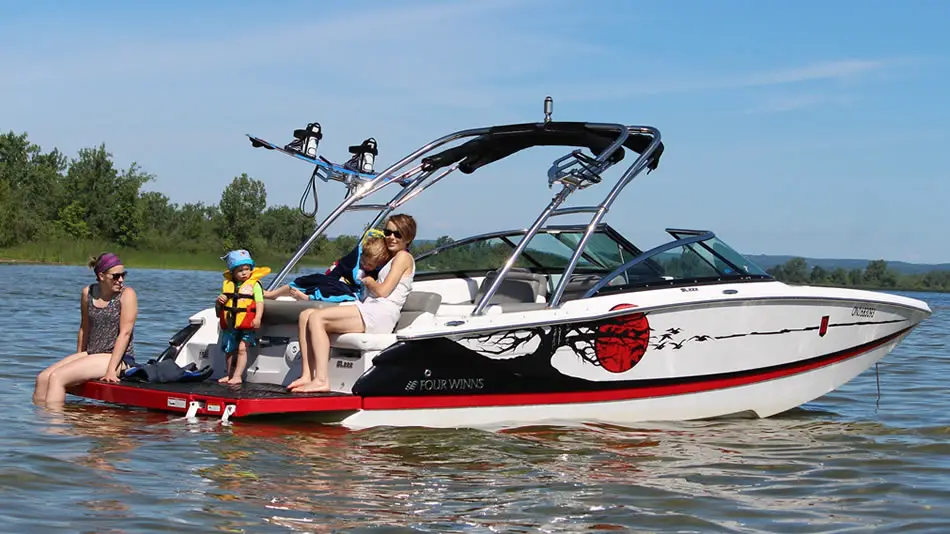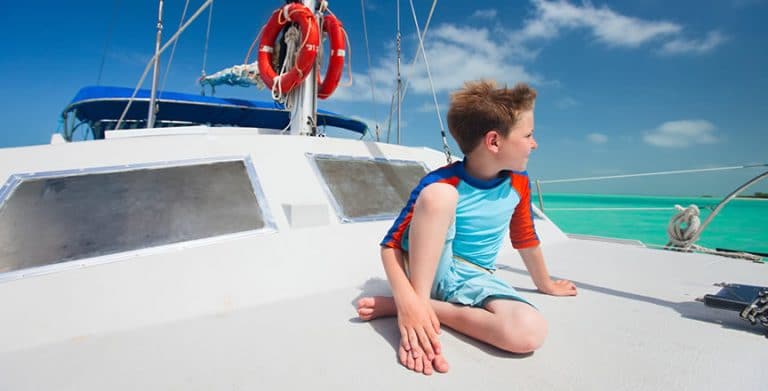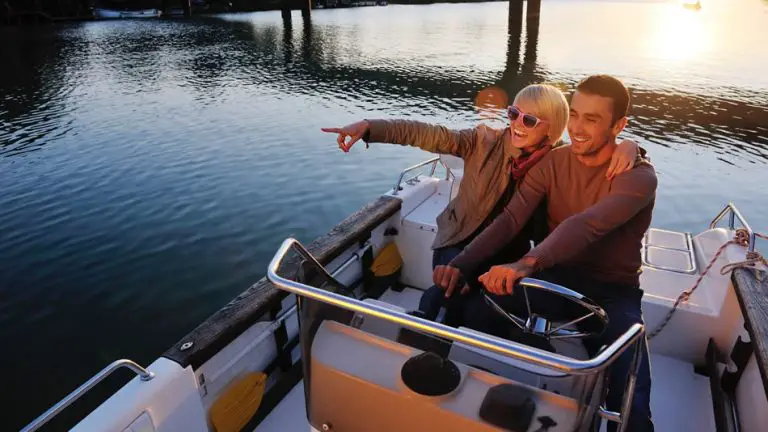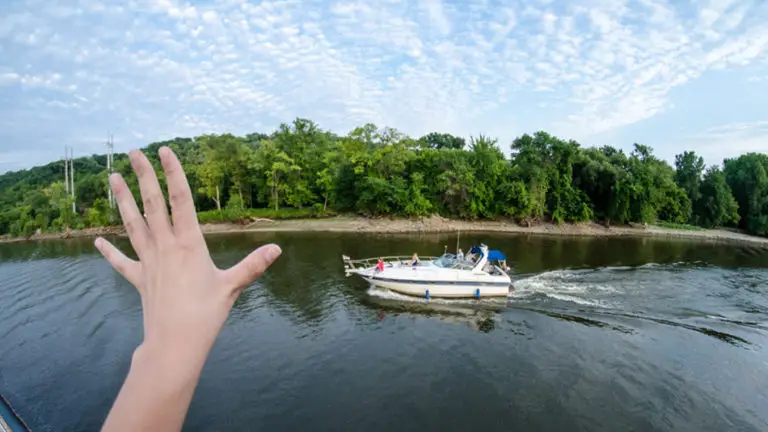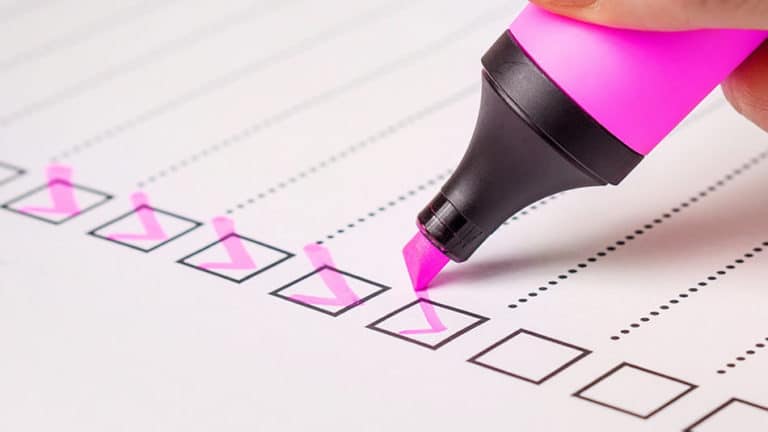15 Tips for Safe Boating With Kids
I have a six-year-old and many nieces and nephews who will be coming out on the boat with us this summer, and that got me thinking about safety, and boating with kids. Obviously, I want to make sure the kids are having a great time, but I want also to make sure they are safe. After many hours of researching online, I was able to put together a list of important things to remember, that I would like to share with you.
1. Proper fitting life jackets:
It’s important to make sure that your child’s life jacket is the correct size of the child’s age. Children can slide out of an adult-sized life jacket or one that is too big for them. A child’s life jacket should also have a crotch strap to make sure they stay on properly. Life jackets should always be worn while aboard ship.
Don’t forget that the kids will be looking to you as their role model so you should also be wearing yours as well. It is just as important for children to wear their life while around water as it is to wear it while onboard. And if you are taking some friends out for the day with their kids, you should make sure they either bring their life jacket or you supply one for them.
2. Use lots of sunscreens:
Out on the water, the sun can be scorching, and there are not always a lot of places to hide from it. According to the American Academy of Dermatology, infants under six months should be kept out of the sun and for children six months or older, it is recommended to use a water-resistant, broad-spectrum sunscreen with an SPF of at least 30.
Sunscreen should be applied several times throughout the day, and that goes for the adults as well. It is also recommended to try and stay shaded with a hat and sunglasses. If you are going to be sitting out on the water for an extended period, you should look at taking a canopy to help provide some extra shade.
3. Stay cool & hydrated:
Be sure to bring along plenty of water for everyone, and make sure your little ones stay hydrated throughout the day. It’s easy for the kids to forget to keep drinking while they’re having fun, so be sure to remind them. It’s also a good idea to take the kids out of the sun for a little break now and then to help them cool down. While they are cooling down, you could also take this opportunity to re-apply their sunscreen.
4. Bring plenty of supplies:
Make sure to pack plenty of non-perishable snacks, such as nuts, crackers, chips, granola bars, etc. as well as fluids and anything else you might need for your baby or toddler. Don’t forget items such as wet wipes and napkins. Without warning, the weather can become a little cooler, so be sure to pack some warmer clothes and extra towels. Have an extra pair of dry clothes just in case.
5. Get ready for a nap:
With all of the fresh air and sunshine, your little ones might need to take a nap. Younger especially will need to take a short break to rest. Make sure you have a comfortable spot where they can lay down and stay out of the sun.
6. Keep the kids entertained:
Fishing might be your thing, but it might not be what your kids had in mind when they heard that they were going out on the boat for the day. When kids get bored, they can start to get into trouble, so it’s a good idea to bring some toys or coloring books they can sit and play with. Try to stick to waterproof toys if you can. Another way you can help keep them entertained and engaged is to seat them next to the captain with a map and let them help navigate where you are going next.
If you have a pair of binoculars, you could use them to point out different landmarks or other boats on the water. And if all else fails, you could use the binoculars to look around and pretend to be pirates in search of treasure.
7. More hands on deck:
If you are bringing a bunch of kids out on the boat for the day, you might want to bring some extra adults to help you keep an eye on everyone. This is important in case something was to happen to you, or if you are busy with one child, and another either get into something they shouldn’t or falls into the water. If you or anybody else is going to be responsible for young children, then you should know how to swim.
8. Tell everyone the rules:
Before you even start the engine, you should set the kids down and explain to them what the rules are while you are onboard the ship. Don’t forget to remind them not to lean overboard, or to stand up while the boat is in motion. Even if it’s not their first time boating, it is recommended that you go over the rules with your children each time you boat.
9. Teach everyone about the radio:
This rule is just as important for kids as it is for adults. When you have new people onboard your boat, you should explain to them how the radio works in case of an emergency. You never know when something might happen to you and someone else onboard so making sure everyone can use the radio is important.
10. Be prepared for seasickness:
Younger children are more prone to seasickness, so make sure you are prepared to deal with a nauseous child. One of the most doctor and pharmacist recommended over the counter products to use is Dramamine for kids. There’s also a wristband you could buy that is supposed to help with motion sickness.
11. Keep an eye on the weather:
Before you head out for the day, take a look at the weather forecast and prepare yourself for what is in store for the day. If you know a severe storm is coming in, then perhaps avoid going out that day. If you see a little rain in the forecast, then pack some raincoats, umbrellas, towels and a change of clothes. If an unpredicted storm is starting to roll in, then give yourself some time to head back into the land. Do not let the kids swim while it’s raining or with dark clouds overhead.
12. Hold your baby:
Unlike your car, your boat doesn’t have a car seat for your baby or toddler to sit in. The safest place for your baby is in your lap or your arms. You should always hang onto your baby while the boat is in motion. Make sure to protect the baby, especially it’s head while the ship is in motion. Even while you are sitting out in the water with the engine turned off, you should be a way for the other boats passing by and creating waves that will dump you around a little.
13. Watch your speed:
Going fast is fun, and what kid wouldn’t love the feel of the wind slamming against their face as they jump off waves! But small kids could easily get tossed around, so it’s a good idea to keep that in mind while having fun.
14. Watch for falling hatch covers:
One of the more common injuries on a boat involving children is a hatch cover falling on toes, or pinching little fingers. It is important to warn them about this possible danger so they can help prevent it from happening to them.
15. Be careful swimming:
If your little ones are going to be swimming, you should warn them about not swimming under the boat or near the propellers. While the boat is anchored and the kids are swimming, you should remove the key and place it in your pocket or somewhere safe, out of reach of the kids. Initiate the kill switch as well for an extra measure.
If you are boating in saltwater and swimming, or even towing people behind the boat, you should be aware of the possibility that someone could be stung by jellyfish. As a precaution, you should keep some vinegar on board just in case.
Do Kids Have To Wear a Life Jacket Onboard While Napping?
The law stipulates that children 13 years or younger must wear a life jacket at all times while on board a vessel. However the laws vary by state, and in some states, it says that kids are not required to wear a life jacket below deck or within a closed cabin. It is recommended to check with the state boating laws before heading out on the water.
Is It Safe To Take a Baby On a Boat?
According to the U.S. Coast Guard Office of Boating Safety, says an infant that weighs less than 18 pounds, should not travel on a boat. Most babies will typically reach 18 pounds when they are around 4 to 10 months old, and can also start wearing a personal flotation device (PFD).
I think the key point here is “travel on a boat”. I can’t see how it wouldn’t be okay to sit on a boat that’s in a marina or anchored in a no wave zone. You might not want to cruise around with a newborn, but sitting on a boat should be fine, I would imagine.
Infants that are older than 4 to 10 months, or at least 18 pounds is fine to take a boat with you. Some people say it’s easier to deal with an infant, rather than with a toddler who has begun walking and climbing.
While you are out with your baby, it’s important to hold them in your arms while the boat is moving. Also, remember to keep them shaded and out of the sun if you can.
IMPORTANT: Never place an infant or toddler in a car seat or any other non-floating device when you are cruising in a boat.
Do Babies Have To Wear Lifejackets On a Boat?
Yes, babies do have to wear a life jacket while on a boat. In fact, all kids while on deck should be wearing a life jacket. Again according to the U.S. Coast Guard Office of Boating Safety, you shouldn’t travel around with an infant under 18 pounds. I’ve heard that some people place the infant in a life jacket meant for children under 30 pounds if they plan on just sitting onboard in a marina.
Can You Drown With a Lifejacket On?
Unfortunately, the answer is, yes you can still drown even while wearing a life jacket. There are a few different ways for someone to still drown with a life jacket on.
Mouth Immersion: This happens when the nose and mouth are both submerged under water. Although a life jacket is designed to make you float, you could still be pulled under the water in heavy current, rough waters, or undertows.
Unconsciousness: Being unconscious in water is a very dangerous combination. For example, if you are involved in an accident at sea, you could be knocked unconscious before getting thrown into the water. Although you might be wearing a life jacket, while you are unconscious you wouldn’t be able to keep your head up and out of the water.
Wrong sized life jacket: It is important to make sure your kids are wearing the properly sized life jacket. A life jacket that is too big, could cause the child to slip right out of it.
Recommended
16 boating essentials for kids – safety and fun
Complete Boating Essentials List – Do You Carry These Items?
